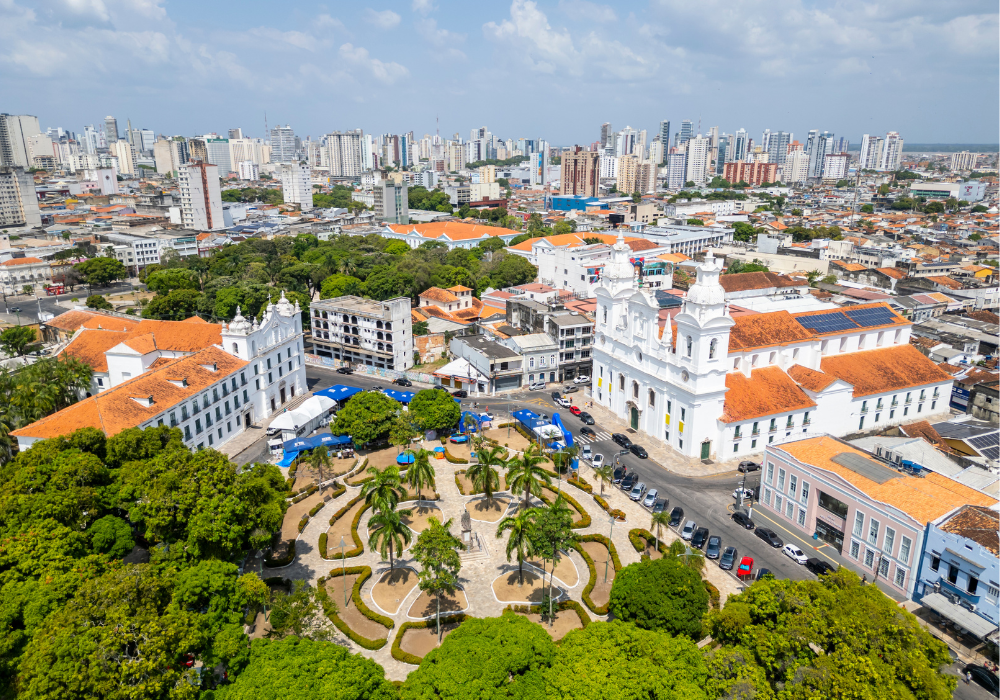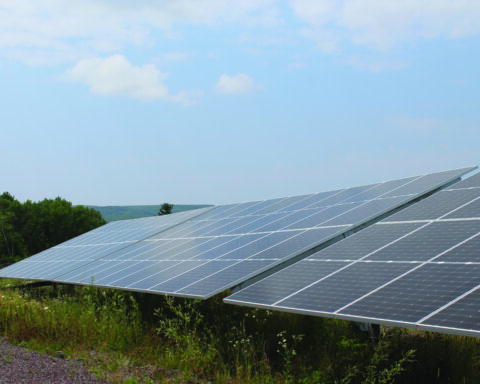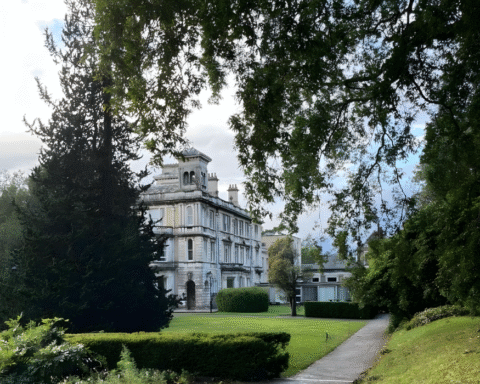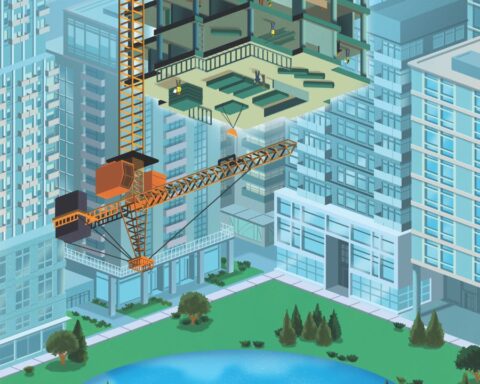It is being billed as a turning point for the UN climate conference known as COP. Far from the ostentatious glamour of previous host cities such as Paris and Dubai, world leaders and policymakers have flocked to Belém, a northern port city in Brazil located in the biodiverse and climate-vulnerable Amazon, for COP30.
It’s the 10th anniversary of the Paris Agreement, that lofty climate pledge that has helped push – in some cases reluctantly – countries toward carbon-cutting measures. COP30 organizers are determined to make this year different, shifting from “ambition to implementation,” and they’re making the point with a backdrop of stark inequality.
“We cannot hide the fact that we are in a world with lots of inequalities and where sustainability and fighting climate change is something that has to get closer to people,” André Aranha Corrêa do Lago, president designate for COP30, said in an interview with the Associated Press. “President Lula wants this to be the COP of truth. He wants people to be told the truth about how climate change will affect their countries,” he added in September.
Brazil proved to be its own study in contradictions in the lead-up to Belém, which has made headlines for a dearth in accommodations for the influx of thousands of delegates, as well as a controversial new highway cutting through rainforest to facilitate the conference. South America’s largest country, with a population of more than 212 million, Brazil has sought to regain environmental bona fides that were left in tatters under the previous administration of Jair Bolsonaro, when deforestation ran rampant in the Amazon.
Luiz Inácio “Lula” da Silva, former union leader turned president, assumed his third term in office in 2023 with bold pledges to end deforestation in the Amazon by 2030, boosting the use of satellite monitoring and other mechanisms to guard against illegal logging and mining in the so-called lungs of the earth. He also established a dedicated ministry for Indigenous Peoples as a way to protect their rights, setting out to demarcate their territories. In the lead-up to COP30, Brazil launched a tropical-forest conservation fund that aims to raise US$125 billion. Hosting COP30 was an important show of his government’s environmental commitment. Brazil has pledged to reduce its emissions by 59% and 67% below 2005 levels by 2035. But various activists and organizations have drawn attention to the cracks in Brazil’s narrative, not least for its plan to continue to exploit its oil reserves.
Lula has pushed for Brazil to drill in the mouth of the Amazon, arguing that the development will help the country complete its energy transition. The Brazilian Institute of Environment and Renewable Natural Resources approved the drilling of an exploratory well in an offshore oil field in the Amazon, a site that had long been in the sights of the national oil company, Petrobras. The petroleum giant had previously been denied rights to explore, in large measure because of doubts over its ability to respond to oil spills or other accidents in the ecologically sensitive area. In its October approval, the environmental watchdog said the company had made various improvements to its emergency response plan, which led to the green light.
Brazil is also pushing ahead with new mining projects for critical minerals, with as many as 800 mining companies exploring in the Amazon. “There is no energy transition without mining,” Alexandre Silveira, minister of mines and energy, said in early 2024.
“Brazil cannot lead the world to a cleaner, healthier future by loosening environmental regulations, promoting a fossil fuel build out, and allowing mining projects that violate Indigenous sovereignty and destroy carbon sinks like the Amazon,” Patricia Rodriguez and Jan Morrill wrote in a commentary for Earthworks, an organization that advocates against oil, gas and mining pollution.
The question of environmental regulations has exposed fault lines within Lula’s administration. Environment and Climate Change Minister Marina Silva, an internationally acclaimed environmentalist, slammed a decision by the Brazilian Senate in May to approve a bill that loosened environmental licensing rules, calling it a “death blow” to important protections in Brazil. Her position in turn drew the ire of industry and other sectors. The legislation was later modified, earning Silva’s support.
But the showdown underscored the powerful forces that are at play in Brazil, which has taken an even more prominent role on the international stage as President Lula presents one of the clearest voices of opposition to U.S. President Donald Trump and his trade war tactics.
In opening remarks at COP30 last week, Lula stressed the need for true climate commitments, to “take the scientific warnings seriously” and “face reality.” He closed by thanking people for coming to the Amazon.
“Many people did not believe that it was possible to bring a COP to an Amazonian state, because people are more used to parading around big cities,” he noted. “We wanted people to come here to see what the Amazon really is.”
The Weekly Roundup
Get all our stories in one place, every Wednesday at noon EST.







